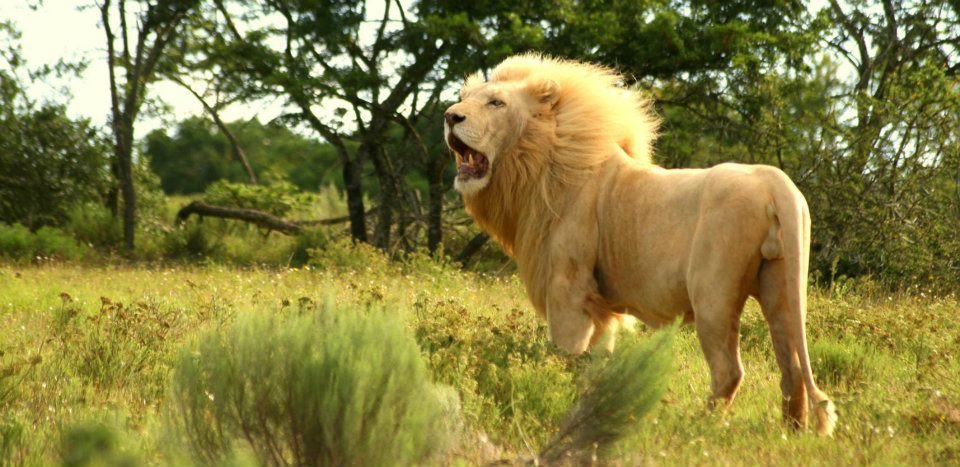Our projects in-depth: Game Ranger Training
In ‘projects in depth’ we take a closer look at the different projects on offer through Gap Africa Projects. Last time we looked at the Shamwari Conservation Experience, and today, following in a similar vein, we’re looking at the Game Ranger Training course. Intensive, exciting and practical, it captures everything that makes a GAP Africa Project great.
Set on the Shamwari Game Reserve, just like the Conservation Experience, Game Ranger Training is ideal for those of your who’ve made up your mind about what you want from a career. Game Rangers work on the front lines of conservation, protecting the land and wildlife of Africa with integrity and enthusiasm.
What is life like as a Game Ranger?
Qualified Game Rangers face any number of tasks in a day. They make sure that the animals they are in charge of are healthy, monitoring their activity for information that is useful both for a research and the day-to-day care of the animals. Rangers are also responsible for policing the laws on game reserves, scouting for any territory invasion or damage that may endanger the animals.
Rangers are scientists, a police force, teachers and spokespeople for the land that they care for. As a result, it’s a challenging and hugely rewarding career to pursue. Once you’re sure that it’s a life you want for yourself (and it is just that, a life choice), you should look into accreditation.
The Course
Lasting 2 busy months, successful completion of the course provides trainees with a FGASA Level 1 accreditation. Qualifying to work as a field guide on most game reserves in Southern Africa. While on the course, you’ll learn to handle weapons; drive 4X4’s; handle snakes; apply first aid, and even a little wine tasting! All are essential skills, and taught in a practical manner by the excellent instructors at the Shamwari Game reserve.
What kind of animals do rangers work with?
The short answer is… all of them! Rangers should expect to be working with birds one day and fish the next. As a result your studies will cover the whole spectrum of African wildlife: how they behave, what they eat, and where they can be found. Hopefully, as a part of your studies, you will come to know which animals most fascinate you, and begin to plan potential specialisation later in your career. Perhaps you want to be the go to person for anything elephant, or a cheetah guru? The course will give you the opportunities to find out what most appeals to you.
Storytellers and travel guides
As a ranger, it’s not just your responsibility to care for the animals on the reserve. Much of a ranger’s role revolves around sharing your knowledge and experience with those that visit the reserve, with the aim of improving awareness and conservation efforts both in Africa and worldwide. As a result, plenty of time is spent on the process of field guiding itself. Trainees learn how to assemble a guided nature experience that does the wonders of a game reserve justice and ensures visitors get the most out of their time there. You’ll also learn about the history of the land you’re working on, which will expand your ability both to deliver an informed tour of the reserve, and also shore up your conservation efforts with knowledge of what’s gone before.
Think carefully
Choosing to go into conservation as a career, particularly as a ranger in Africa, is a huge decision, and one that should not be made lightly. This course gives you the chance to test yourself and your passion for conservation in a supportive, real-world situation, and at the end know whether you’re ready to start down this amazing career path.
We are delighted to offer this course as one of our projects, and to be a force for improved conservation and animal care in Africa. For more information about the Game Ranger Training course and its accreditation, please visit it’s page.
Our projects in-depth: Game Ranger Training

